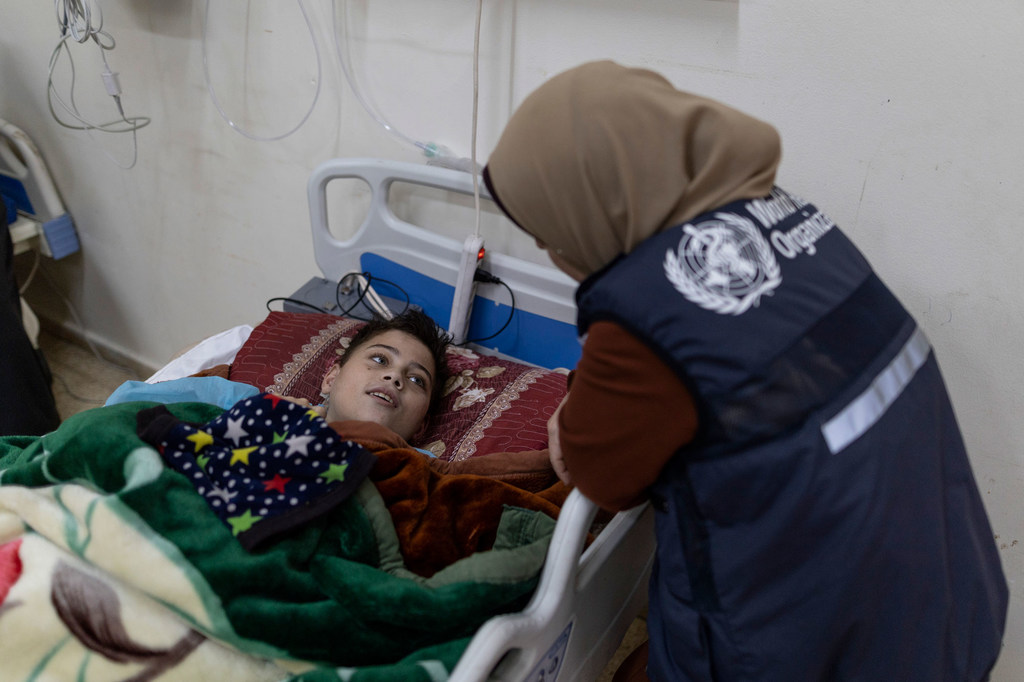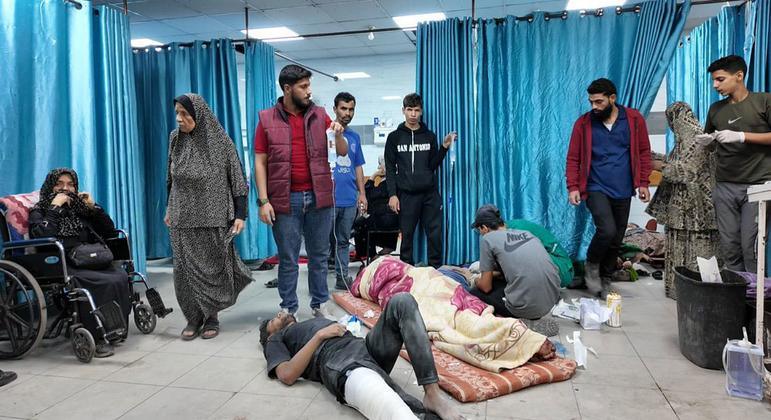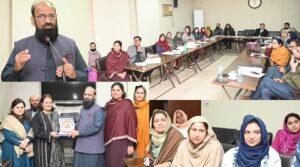On Monday, the representative of the World Health Organization (WHO) Rik Peeperkorn said UN news On the desperate conditions he had seen in Al-Ahli before the attack, and the severe restriction in the movement that prevents thousands from evacuating for medical treatment outside Gaza.
“I was in Gaza several weeks ago and left in early March, just before the help blockade began and the attacks began again.
When I was there, during the high fire, we were organizing vaccines against polyomyelitis and Medevacs (medical evacuations), and we supply of essential medicine and medical supplies. This was also the only time there were appropriate foods in Gaza.
There was almost a ray of hope among all miseries. The places where he had been before, such as Rafah in the South, or Jabralia in the north, were devastation moors, but people, including our own staff, returned to their homes, tried to repair house destroyed or building improvised camps. Disma commercial activities restarting and a selection of food.
But then, of course, with blocking, food, water and essential medicines quickly began to run out. Although we supply during the high fire, we are now very low in supplies and it is a challenge to keep hospitals even open.
We have run out of therapeutic milk, antibiotics, to treat serious infections, trauma analgesics, insulin, ambulance spare parts, oxygen tanks, etc.

Medical Evacuation of Gaza Patients (Archive)
A couple of days before the attack on Ahli, a medical specialist there he told us that the hospital was already overwhelmed because he is one of the key hospitals in the north for patients with trauma. [those who have suffered severe and life-threatening injuries]and that they were forced to perform surgery in questionable sterile conditions.
He lacked enough surgical dresses, curtains or gloves. They even had to wear the same gloves of one operation as follows. Due to the lack of equipment, surgeries could take hours, increasing the risk of disability or permanent amputations.
The staff asked us for the supplies we have in our two stores in southern Gaza, but we were not allowed.
This help block must be lifted, and we have to return to an agreement whereby we can have humanitarian corridors throughout Gaza, without denying or delaying the entrance. Even when a war is being carried out, humanitarian supplies and help workers should be allowed to be able to do their job.
Today I talked to the protagonists of my team in Gaza, who have been at the Al-Shifa hospital. Al-Shifa, now the main surgical and trauma center for the north, is completely overwhelmed and risen. We are looking for the possibility of taking some al-shifa patients to the south, but everything is complex.
Very few patients have been able to leave Gaza for the urgent care they need desperately. We estimate that up to 12,000 patients need medical evacuation, but since the blockade we have only been able to evacuate 121 people, including 73 children.
Let’s ask the immediate resumption of medical evacuation through all possible routes. That should happen now. “




